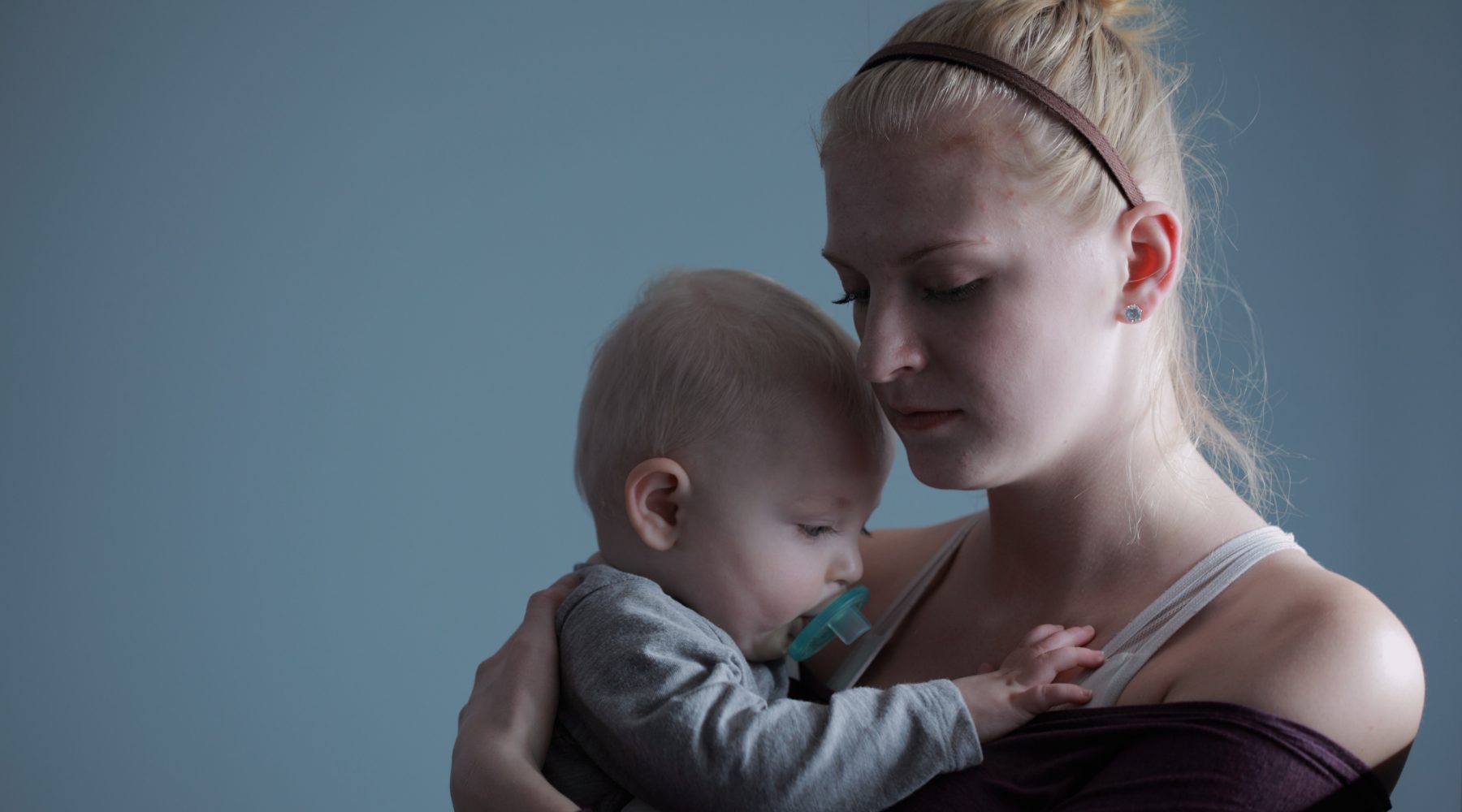Infant and Toddler mental health – an overview

Misconceptions in the broader community have led some to believe that infants and toddlers do not suffer from mental illness in the same way as other subsets of the population. This misconception is something Tweddle’s Kerrie Gottliebsen is keen to change.
Toxic stress in early childhood is associated with persistent effects on the nervous system and stress hormone systems that can damage developing brains and lead to lifelong problems in learning, behaviour, and both physical and mental health, she said.
In explaining how babies and toddlers experience mental health problems, she drew on the thoughts of Dr Ed Tronick, who explains: “Infants make meaning about themselves and their relation to the world of people and things, and when that “meaning-making” goes wrong, it can lead to development of mental health problems”
“Some infants may come to make meaning of themselves as helpless and hopeless, and they may become apathetic, depressed and withdrawn. Others seem to feel threatened by the world and may become hyper-vigilant and anxious.” Apparent sadness, anger, withdrawal and disengagement can occur “when infants have difficulty gaining meaning in the context of relationships”
Adults in the lives of children often hold the mistaken impression that babies and toddlers do not develop mental health problems and are immune to the effects of early adversity and trauma because they will ‘grow out of‘ it, Ms Gottliebsen said.
The “out of sight, out of mind” paradigm is a dangerous one, Tweddle Director of Clinical Services/Nursing Kirsty Evans noted, saying “Parents, babies and toddlers admitted to a Tweddle Residential program have often experienced trauma – and a distressed parent means a distressed baby.
To the untrained eye, a baby might just look quiet, or it might be distressed and resistant to being settled but skilled clinicians know how to read a baby or a toddler’s cues” she said.
“The baby might be frowning and looking scared, it might have a frightened parent or the parent might be frightening. Responses might include turning away, shrugging and trying to make itself smaller. A toddler might appear ambivalent or in hyper-arousal mode, it might flinch to the touch, it might be exhausted, hungry or worried about arguing parents. Yes, we see worried babies” she added.
Ms Evans spoke of the “powerful window of opportunity” early in a child’s life, which allows parents to seek help in understanding their challenges, empowering them to change the future for their child by learning to connect.
The value of the first 1,000 days of a child’s life in establishing long term wellbeing has been substantially proven by a variety of research sources, and, according to the Harvard Centre on the Developing Child, when parents and professionally staffed early parenting and childhood education programs pay attention to young children’s cognitive, emotional and social needs they have maximum impact on a child’s development and mental health.
To learn more about Tweddle’s work, please see here. Information about the value of the first 1,000 days may be accessed here. Those requiring more urgent support for parents struggling with infant and toddler mental health are encouraged to use the following numbers for support:
- Tweddle Child & Family Health Service (for parents of children 0-4) 03) 9689 1577
- Victorian Maternal and Child Health Line — 132 229
- Perinatal Anxiety and Depression Australia (PANDA) — 1300 726 306
- Lifeline — 131 114
- BeyondBlue 1300 22 4636
Popular

Policy
Practice
Quality
Provider
Research
Safety starts with supervision: responding to real risks in ECEC
2025-07-07 10:30:58
by Fiona Alston

Policy
Provider
Practice
Quality
Jay Weatherill appointed to co-lead urgent review into childcare safety in Victoria
2025-07-07 07:24:04
by Fiona Alston

Quality
Practice
Provider
Workforce
Reclaiming Joy: Why connection, curiosity and care still matter in early childhood education
2025-07-09 10:00:07
by Fiona Alston













